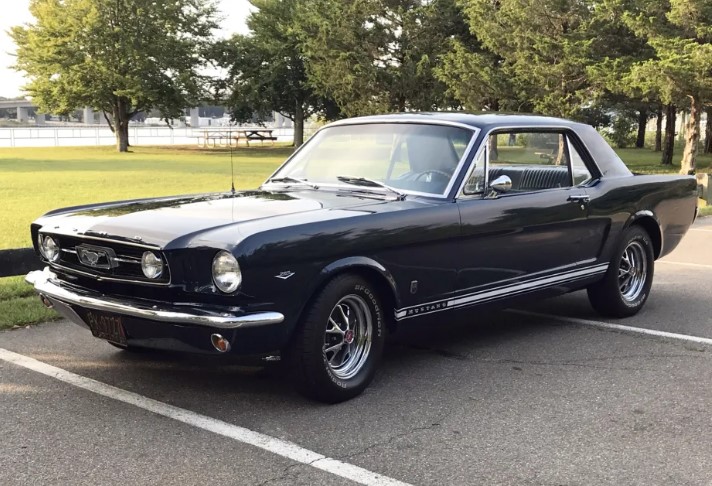As Metro was preparing to shift to the next action in the strategy past week, by cutting back the range of wheel inspections of rail vehicles that have handed prior inspections, safety commission officers explained they uncovered discrepancies among Metro mechanics’ steps in putting autos back into company and what Metro’s engineers say is harmless.
Security fee spokesman Max Smith did not specify what all those discrepancies were. He claimed the fee carries on to look into a feasible “gap” in comprehension, but in the meantime, commission officers have advised Metro not to minimize back again on wheel inspections of 7000-series autos, cutbacks that could have led to a lot more trains heading back again into services and much more reductions in hold out situations.
“We communicated back that they could not make any much more variations,” Smith stated on Sunday. “The all round difficulty could be a sizeable a single probably.”
The Metro Board called a unexpected govt session on Sunday. While the conferences or agenda aren’t general public, Metro cited as its rationale “safety and stability matters” that would “compromise general public safety” if they have been released prematurely.
Metro spokeswoman Kristie Swink Benson cited “inaccuracies” with the protection commission’s statements but did not present extra information.
“We will have much more to say on this make a difference tomorrow when we can transparently suitable numerous inaccuracies for the document,” she said Sunday in a assertion.
The difficulties, when possibly serious, did not advantage the security fee to order any automobiles out of service, Smith stated.
The investigation is a single of 3 opportunity protection violations or problems the commission has lifted in just the last week.
The 7000 series, Metro’s most superior and latest product of rail motor vehicle, was initial suspended in Oct 2021 immediately after a federal derailment investigation uncovered a defect that experienced surfaced in various 7000-collection automobiles that brings about wheels to move outward from the axle, creating instability. The 7000 collection makes up nearly 60 p.c of Metro’s rail auto fleet, and their absence resulted in a year-long teach scarcity that created common waits of 10 minutes for considerably of 2022.
In the tumble, as a increase in rail passengers led to onboard crowding in the course of commuting instances, Metro pushed the protection fee to allow the use of a lot of a lot more automobiles than the company was allowing for and for a time body or route in which Metro could get all of its automobiles back and into service.
In late Oct, equally sides reached an arrangement permitting Metro endless use of its latest 7000-collection cars and trucks that had been delivered in excess of the earlier 5 many years, or about 340 of the 748 cars and trucks. The transit company was constrained to making use of up to 80 more mature 7000-series cars and trucks a working day, a number that could boost primarily based on success of effectiveness info. The more mature cars and trucks had been connected to additional unsafe wheel movements.
All cars Metro puts back again into service must undergo wheel screenings just about every four days. Metro’s strategy known as for that interval to lengthen to seven times as extended as no challenges experienced surfaced after 4 screenings.
Metro commenced submitting paperwork to make that soar when the safety commission told Metro to pause, Smith mentioned.
Wheel inspections are time-consuming, and longer intervals would allow for the transit agency to get more 7000-series cars and trucks on the tracks just about every working day. Underneath the program, Metro was proposing to offer you riders common waits as reduced as 5 minutes by July.
It’s unclear how extended Metro will have to pause before it can reduce inspections. Smith claimed the agency ought to keep screening wheels every single 4 days till the fee experienced “no technical objection.”
3 problems have appear underneath safety fee scrutiny last 7 days like the 1 involving the 7000 sequence. On Friday, Metro announced that Metrorail operators will comply with new teaching techniques immediately after the basic safety commission uncovered problems with how Metro was teaching operators.
Even though all active rail operators have done requirements for secure operations of trains during passenger services, 64 operators from latest education lessons did not acquire the education in correct sequence. Transit officials said they will be offered supplemental simulator teaching to enhance safe and sound operating tactics.
Theresa M. Impastato, Metro’s chief of security and readiness, reported in a statement on Friday that the agency experienced conducted “a comprehensive and transparent investigation” into the lapse.
The basic safety fee also located that Metro experienced been certifying persons to get the job done on the tracks under the transit agency’s old security recommendations, which ended up changed in early November, Smith explained.
In July, the discovery of almost fifty percent of Metrorail operators not being recertified led Metro to pull several operators out of service for fast retraining, which led to delays on the rail system mainly because of a short term lack of motorists with good accreditations. The lapse led to the resignations of Metro’s standard supervisor and main working officer. Interior investigations identified that Metro operations directors experienced suspended instruction systems central to recertification devoid of informing Metro’s safety department or the safety fee.







More Stories
Investigation launched into complaints of Tesla steering wheels coming off mid-drive | Tesla
Wheels Car of the Year 2023: Finalists revealed!
Why Were so Many Built?